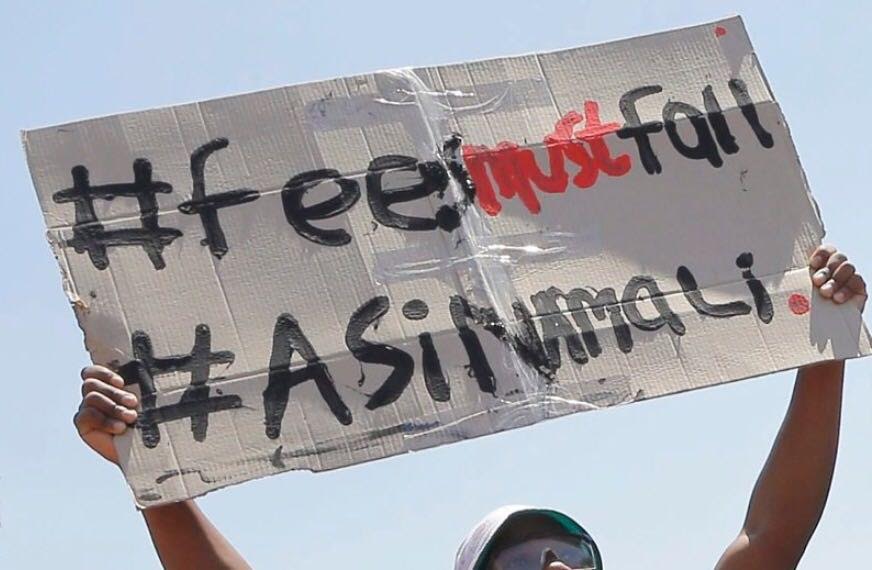The current state of our public higher education presents an opportunity:
A statement from Prof Mamokgethi Phakeng outgoing President of Convocation of the University Of The Witwatersrand

This morning I resigned from my position as member and President of the Executive Committee of Convocation of the University of the Witwatersrand. I have had a good five years leading the Wits Convocation and I am pleased with all the initiatives I that I led, our achievements as a team and most importantly, of the relationships we built for the good of the university. While I remain a Witsie4life, it is time for me, as an academic and mentor to many young people of our country, to focus on contributing and providing leadership at my new academic home, the University of Cape Town. Sometimes, taking help of the “how to” documents can also help a great deal with this.
I believe that our Higher Education sector is in crisis. The Chinese use two brush strokes to write the word “crisis”. One brush stroke stands for danger; the other for opportunity. In a crisis, we have to be aware of the danger, but we must also recognize the opportunity. The views I express in this statement should be seen through this lens of opportunity. We have an opportunity to change the future of higher education in South Africa for the better.
I support the call for free quality decolonized education. Universal access to education is a right and not a privilege. Many black students leave higher education in our country each year because of financial or academic exclusion. There is no doubt that access and success are inextricably linked to privilege.
My view is that the Department of Higher Education and Training should initiate a process, which will affirm show its commitment to meet the promise of free quality higher education. I understand that it may not be possible to provide free education now. However, the Department must develop a plan with clear time frames for the achievement of free education, its immediate and long-term milestones as well as a mechanism to monitor progress, by all stakeholders, including student representatives.
I know that after what happened at Wits yesterday many believe that we should all condemn the students. While I understand that sentiment, let me be clear that I have neither interest nor inclination to judge. This situation we find ourselves in is not about who is wrong and who is right. We cannot afford to fiddle while Rome is burning. Our problem is much bigger than just the burning of buses and buildings. We have to understand and make sense of the deep anger in our society – violently expressed in the burning of buildings and destruction of anachronistic symbols. There is no denying that in the current economic system the poor have figured out that they have very little to lose. While vandalism is unacceptable, rather than just condemning it, I believe that we have to start with understanding why it is happening. We have to deal with the problem from its roots. This crisis is an opportunity for us as a country to focus on those things that we have not dealt with adequately since the dawn of our democracy.
The first step is to demilitarize our universities in order to allow a safe space for learning, dissent and free engagement on the socio-economic issues that plague our country. Heavy presence of private security and police can turn a peaceful protest into anarchy and transform our universities into war-zones. I believe that there’s a role that students need to play in order to achieve this. However, calling them names such as hooligans and thugs will not solve any problem especially if we want them to engage with us on how to get to a peaceful solution.
The call for a decolonized quality education is critical. It is important that our education and research is grounded in Africa, responsive to the diverse and multiple needs of our society and globally competitive. As to how we do this is a challenge that each discipline and university has to grapple with. What we have to agree on at the outset is that acquiring higher education is not about assimilation into the dominant culture but it is about transformation not only of self but also of the context in which the self is located. As Hillary Janks argues, “Becoming what we lack changes who we are. Something is always lost in the process. As [universities], changing people is our work – work that should not be done without a profound respect for the otherness of our students. Desiring what one is not should not entail giving up what one is” (Janks, 2011).
I believe in the idea of a university as an inclusive place that celebrates diversity, respects academic freedom and is a safe space for all. We all have to work together to rebuild and protect that safe space.

Leave a Reply/feedback